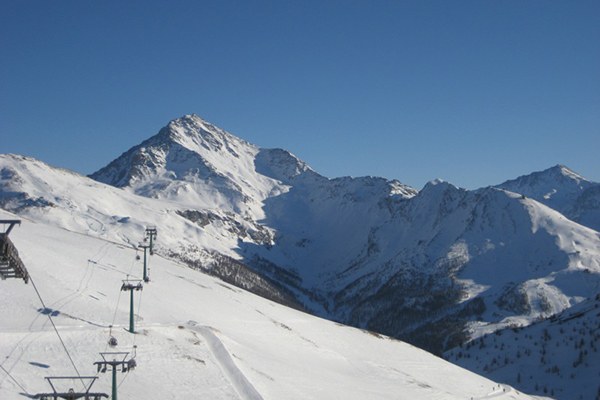News
No pardon for crimes against the environment

The new Italian law covering crimes against the environment was applied for the first time in summer 2014 following illegal works on the ski slopes of the “Via Lattea” in Cesana and Claviere. Deep cuts were made into the mountain for a new ski piste without stabilising the soil, leading to landslides and a rockfall. The judicial investigation was only instigated following a fatal accident involving a young skier who came off the slope: the inquiry into the accident revealed that the works had not been approved. The management of the cable car company and the mayors of the two municipalities stand accused of failure to perform their duty of supervision.
According to the law, an irreversible change to the balance of an ecosystem may be punished with from five to fifteen years imprisonment. The penalties are increased if the offence is committed in a protected area or against protected species. The new law might well have a deterrent effect on those offences that damaged the ecosystem but were previously regarded as petty crimes.
An English-language book recounts the development of environmental legislation from a personal perspective. In “Wolfgang E. Burhenne – A sustainable life” Vivienne Klimke not only describes the life of the CIPRA co-founder, but also gives an insight into the environmental movement during and since the Second World War. Achim Steiner, Executive Director of UNEP, the United Nations Environment Programme, praised Burhenne for his commitment, wisdom, vigour and acuteness: “Wolfgang Burhenne has had a profound and lasting impact on the conceptualization, enactment and implementation of environmental law and policy.”
Source and further information:
http://www.gazzettaufficiale.it/eli/id/2015/05/28/15G00082/sg (it)




